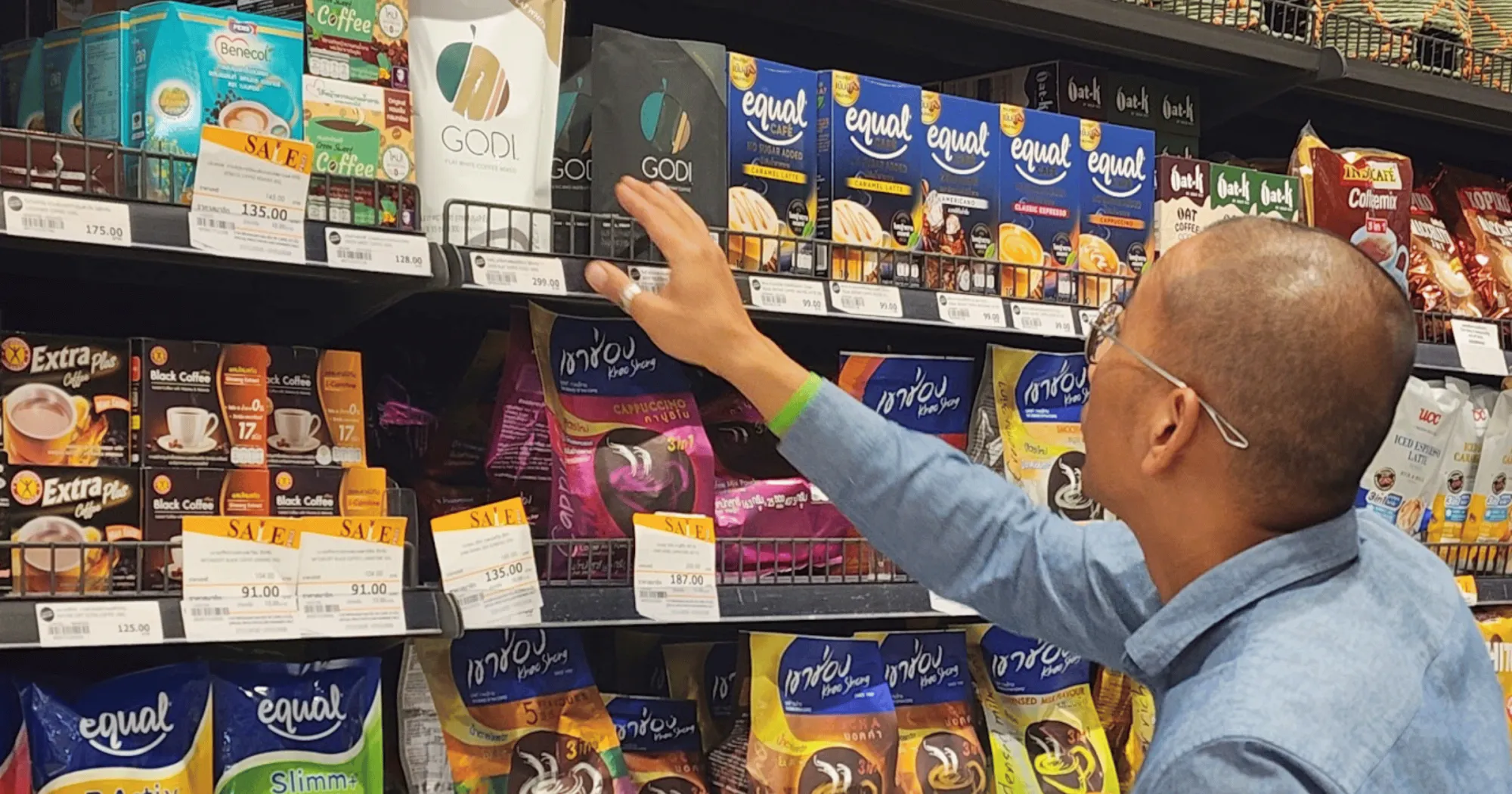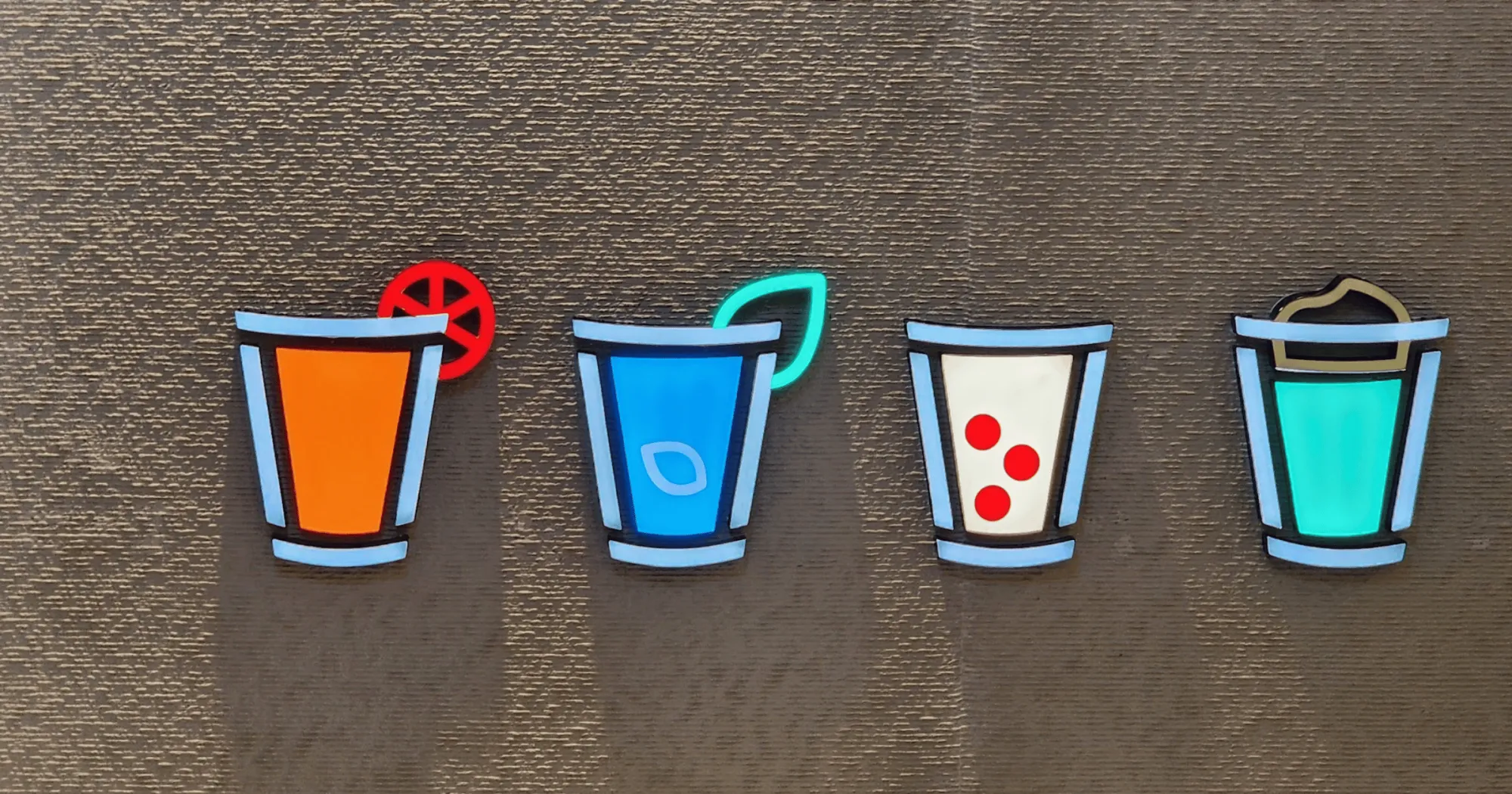Investment is big. But product development is life and death.
If you are an investor who has just entered the consumer industry, meaning that you are making a product for personal buyers to choose and use for the first time, you need to prepare a very different mindset. Because this is not a game of technology or relationships, but a journey to build trust with each order, each feedback, each small detail. Many investors from other industries used to think that just by making it beautiful, doing it well, and having friends to support you, you will be able to sell. But the consumer industry operates according to its own logic: everything starts with the buyer, not the manufacturer. Here are the core principles you need to know before your first product is born – a product development handbook
Beautiful is not necessarily right and right does not necessarily mean flashy
Many investors start with design. They spend a lot of money on packaging, color, printing, and foiling. The product looks beautiful, very beautiful, but cannot tell anyone that it was made for them. Beautiful is necessary. But right is mandatory. Right here means right customer group, right usage situation, right expectation of perceived value.
A Tet gift box cannot be designed like a cosmetic box. An everyday consumer product cannot have the appearance of a museum display. Consumers do not buy because it is beautiful. They buy because it is suitable.

Be as specific as possible about who you are selling to
If you don’t know who you are selling to, you won’t know how to make the product. Don’t say: sell to everyone. Don’t think: the product can be used by anyone. Imagine a real person: a fictitious name is fine, but with an age, occupation, living situation, and reason for buying the product. The more specific you are, the clearer your direction will be.
A product sold to nursing mothers will be completely different from a product sold to office workers. Both are pillows, but pillows for office workers need to be compact and easy to clean, while pillows for mothers and babies need to be made of safe materials and easy to wash. Not identifying a specific buyer means making a product for… no one.

Products cannot be sold everywhere, they must be present where the buyer is ready to make a decision
The place to sell is not just a location. It is a psychological context. There are products that should only be sold online because they need time to consult. There are products that must be present in stores because the buyer needs to hold them before making a decision. There are products that need to be displayed in a lively space. There are products that just need to appear at the right time when the user is looking for a solution.
If you don’t know where to sell your product, you will have the wrong packaging format, the wrong communication channel, and the wrong price context. And even if the product is good, it will not sell.

Don’t trust relationships if they don’t lead to sustainable orders
Many investors start with the idea that friends support, acquaintances place orders, or former employees can “carry the team”. But the consumer market is not like real estate investment or engineering projects. Consumers need a clear reason to make a decision, and if there is not enough reason, they will not spend money. Relationships can help you get the first order, but not help you survive the second order.
Building products for friends to buy is doing it for pride. Building products for strangers to buy is doing it for survival. And only when strangers buy, do you have a real business.

Focus more on after-sales and after-sales care
Many products die not because of poor quality, but because there is no proper customer care system. After the sale, customers do not receive a thank you, no instructions for use, no feedback if there is an error. They are silent, then leave. And you never know why.
The consumer industry is an emotional industry. People remember how you treat them after the purchase, not just before the order. If all the budget is spent on production and promotion, without after-sales care, you are ignoring customer retention, the most important thing for sustainable development.

Test first, don’t go big without data
You don’t need to produce 10,000 units at first. You need the first 100 buyers to listen. Making an MVP – a minimum viable product – is an important step to validate your hypothesis. Don’t think of testing as a waste of time. Testing is to avoid losing more later.
The first product doesn’t need to be perfect. It needs to be real and open to feedback. Your customers will help you improve the product, if you listen to them from the beginning.

Accept yourself as a beginner and learn from scratch
Don’t apply the mindset of having been successful in another field to the consumer industry. Each industry has its own logic. Consumers don’t read your portfolio. They don’t judge your past. They see the product, feel it, consider it, and make a decision right away. And if the product doesn’t speak to them, they leave.
Making consumer products is learning from scratch: how to retail, how to create content, how to make packaging, how to create a return policy, how to respond to small crises. The sooner you learn, the less mistakes you make, the faster you correct them, the further you will go.

A product is not created because you have money but because you have people who want to buy it
The consumer industry does not forgive subjectivity. You cannot sell on trust. You cannot live on compliments. The product you create, no matter how beautiful, good, clean, is not enough, if it cannot be sold. And to sell, you need to go back to the three original questions: who to sell to, where to sell, why do people need it.
If you are entering the consumer industry for the first time, do not be too impatient. Just start from the root. Just answer honestly. Just start small but steady. Because in this industry, no one can live on explosions. Only those who are persistent and understand customers can go far.













